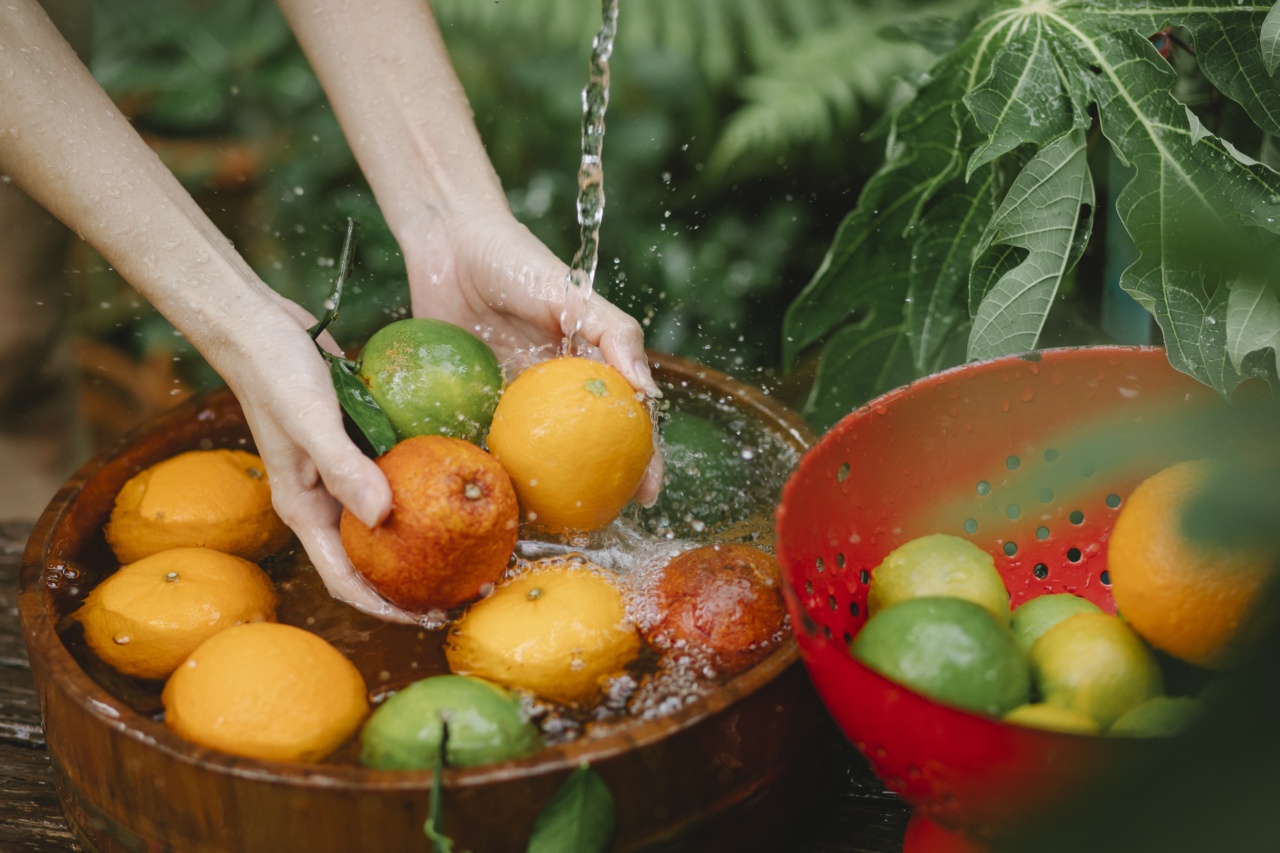Food poisoning is a common and miserable experience that can leave you feeling sick for days. It occurs when you consume contaminated food or drink.
While it’s impossible to completely eliminate the risk of food poisoning, there are several foods that are more likely to cause it. By being aware of these foods and taking necessary precautions, you can greatly reduce your chances of falling victim to food poisoning. In this article, we will discuss the top 6 foods to avoid if you want to steer clear of food poisoning.
1. Raw or Undercooked Meat and Poultry
Raw or undercooked meat and poultry, including beef, pork, chicken, and turkey, are major culprits when it comes to food poisoning. These meats may contain harmful bacteria like Salmonella, E. coli, and Campylobacter, which can cause severe illness.
To ensure safety, always cook meat and poultry thoroughly, reaching the appropriate internal temperature, as recommended by food safety guidelines. Avoid consuming raw or undercooked meat to prevent food poisoning.
2. Raw Seafood
Raw seafood, such as oysters, clams, mussels, and sushi, is another food group that poses a higher risk of food poisoning. Seafood can become contaminated with viruses, bacteria, and parasites, which can cause gastrointestinal issues.
It’s essential to ensure that the seafood you consume is properly cooked to eliminate any potential pathogens. If you enjoy sushi, choose reputable establishments that follow strict food safety guidelines and maintain high hygiene standards.
3. Unpasteurized Dairy Products
Unpasteurized dairy products, such as raw milk, cheese made from raw milk, and unpasteurized yogurt, can also put you at risk of food poisoning. These products can harbor harmful bacteria like Listeria, Salmonella, and E. coli.
Pasteurization is a process that kills bacteria, making dairy products safe for consumption. Always make sure to choose pasteurized dairy products to avoid foodborne illnesses.
4. Raw Eggs and Uncooked Batter
Raw eggs and uncooked batter can contain Salmonella, a common bacteria responsible for food poisoning. It’s important to cook eggs thoroughly until the yolks and whites are firm to reduce the risk of contamination.
Avoid consuming dishes that contain raw or undercooked eggs, such as homemade Caesar dressing, eggnog, and raw cookie dough. Be cautious when baking and avoid tasting uncooked batter that contains eggs.
5. Leafy Greens and Fresh Produce
While leafy greens and fresh produce are generally healthy, they can still be a source of food poisoning if not handled properly.
Contaminated soil, water, or poor hygiene during harvesting and preparation can lead to the presence of harmful bacteria like E. coli and Salmonella. Thoroughly wash all fruits and vegetables before consuming, and avoid cross-contamination with raw meats. Properly store produce to maintain freshness and prevent bacterial growth.
6. Deli Meats and Unrefrigerated Prepared Salads
Deli meats, such as ham, turkey, chicken, and prepared unrefrigerated salads, are prone to contamination if not handled and stored correctly.
Deli meats are often associated with Listeria, a bacteria that can cause severe illness, especially in pregnant women and individuals with weakened immune systems. Always refrigerate deli meats promptly and discard any leftovers after a few days. Similarly, avoid consuming unrefrigerated prepared salads from uncertain sources to minimize the risk of food poisoning.
By being aware of these 6 foods and taking necessary precautions, you can significantly reduce your chances of encountering food poisoning.
Remember to always follow proper food handling and preparation practices, cook foods to the recommended temperatures, and be cautious when dining out or purchasing food from unknown sources. Stay safe and healthy by prioritizing food safety!.





























